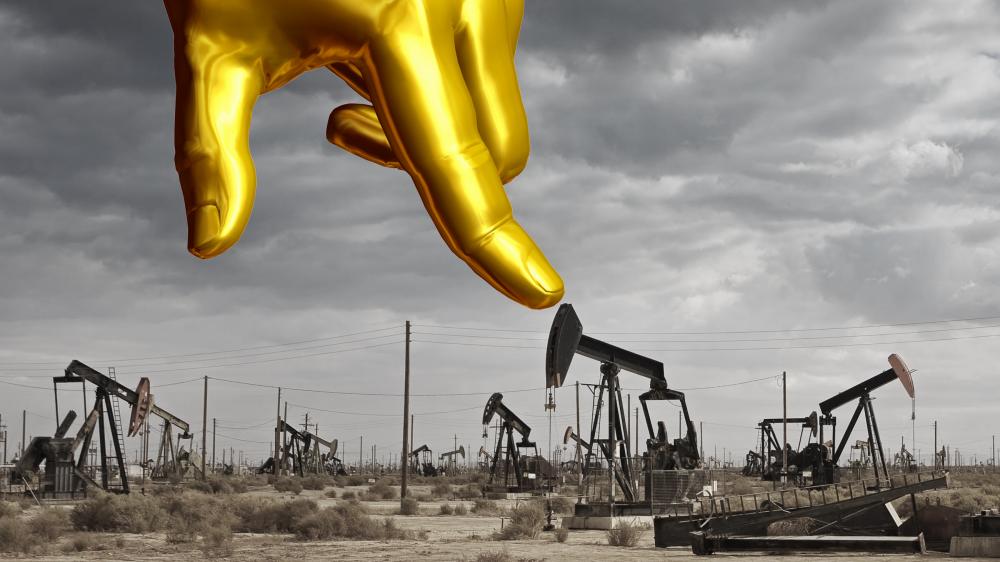
It is projected that the next peak will take place between 2028 to 2030. Therefore, some countries have projected to boost the production by that time since the demand for oil will likely to have lengthy stagnating period due to electric vehicles.
That construes to considerable effect to most of the OPEC members such as Iraq, Algeria, Nigeria and even non-OPEC countries like Russia. US have seen that some time ago. That was one of the major reasons why US decided to withdraw from Middle East. It does not hold significance like it held after WW II. For US, the most important issue while withdrawing is not to leave the place to countries like China and Russia. Therefore, US wants Arab Nations to have friendly relations with Israel. Thus, the coalition would bear to resistance to Chinese and Russian influence.
Although that might work for some time, most of the countries in lack of stable revenue will find it hard to stabilize their countries i.e. Iraq, Angola and Nigeria. Even, countries like UAE and Saudi Arabia might be luckier but it is also uncertain how Saudi Arabia will counter the budget deficient. UAE has started balancing this through the finance industry, trade and security and other.
However, for Saudi Arabia and UAE to become successful, they need peaceful period to implement such plans before 2040. While Saudi Arabia and UAE are aggressive to play major roles not only Arabia Peninsula but from a geography from East Mediterranean to Hormoz Strait including Horn of Africa, it would invite regional rivalries into conflicts. While they have lack of military capability to counter Turkey and Iran, Geopolitics Compass project seeing more Israel involvement to compensate such military technology in future. Thus, would not only strain the relations but will likely to frightened the investors.
It would be a period where we would see increasing Israel influence in the region where Turkey will continue investing military industry and Iran to use proxy groups severely.

